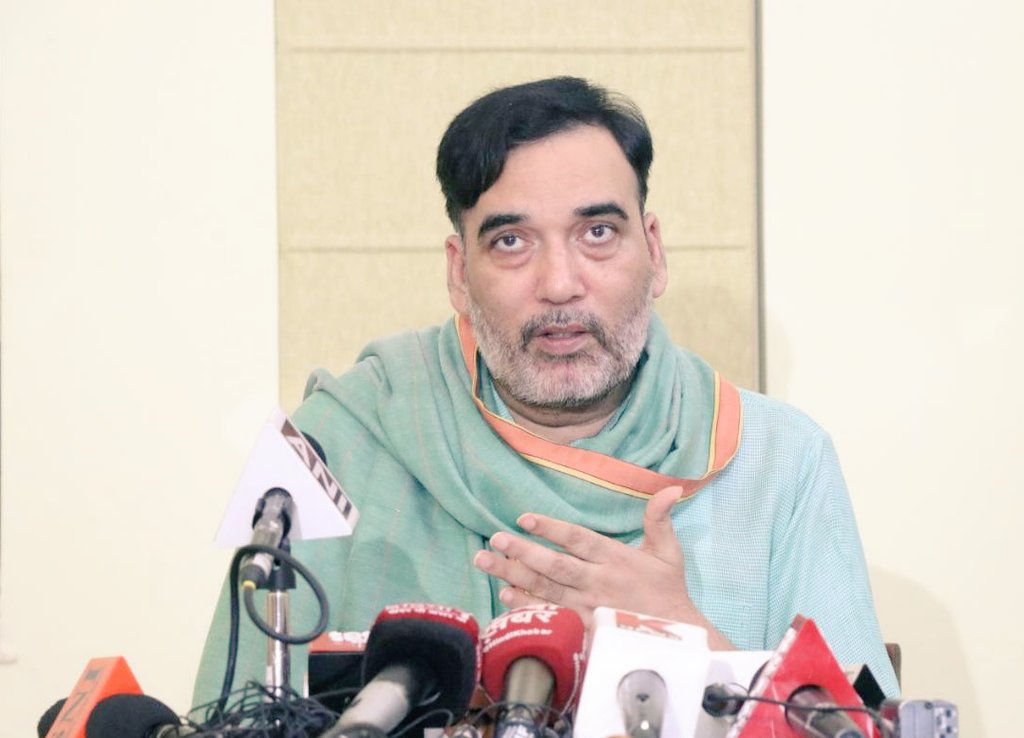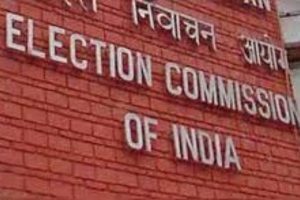The neighbouring states of Delhi have agreed to experiment with the Pusa Institute-developed bio decomposer to tackle the problem of stubble burning which causes acute air pollution in the national
capital every year during the winter months. They will, however, distribute only bio-decomposer capsules to farmers.
This was stated by Delhi Environment Minister Gopal Rai during a press conference on Thursday after participating in an online meeting chaired by the Union Environment Minister Bhupendra Yadav and attended by the Environment Ministers of Uttar Pradesh, Haryana, Rajasthan and Punjab. MM Kutty, Chairman, Commission for Air Quality Management, also joined in the meeting.
Last week Delhi Chief Minister Arvind Kejriwal had asked the Centre to persuade the neighbouring states to ask farmers in their area to try the bio-decomposer, a microbial solution, for disposing of paddy
stubble.
Rai said, “It has also come to our knowledge that plans are being made by the neighbouring states to distribute only bio-decomposer capsules to farmers. This won’t solve the problem. It would not have been possible to control pollution in Delhi, had the government not taken this matter into its own hands. We have delegated responsibility to Agriculture Department officials to oversee the bio-decomposer capsules’ manufacturing, development of the spray solution and the process of its use in the farms. The other state governments concerned should also take the responsibility in this manner.”
He said, “If this work is not done, then this year once again the problem of stubble burning will have to be borne by Delhi and the rest of North India. Therefore, in today’s meeting, I requested everyone to treat it as an emergency case.”
Rai also stated that public transport in Delhi runs on CNG. The Union Minister has been requested to ensure that all kinds of public transport in the NCR should be run on CNG so that vehicle-caused
pollution too can be curbed. Without this, Delhi’s efforts are meaningless.
“All industrial units in Delhi are operated on PNG. I made an appeal that industrial units operating in the NCR should also be operated on PNG so that air pollution can be reduced.”
Rai continued that Delhi has stopped using thermal power plants run on coal. However, this is not the situation in the neighbouring states. These are one of the biggest threats to the environment. Delhi has raised the issue of brick kilns as well and Haryana has responded by saying that they are working on a zigzag technology like Uttar Pradesh, as recommended by scientists. However, too few units are on
zigzag technology.
“We have also requested other states to ban crackers so we can all control air pollution on the occasion of Diwali,” he added.











